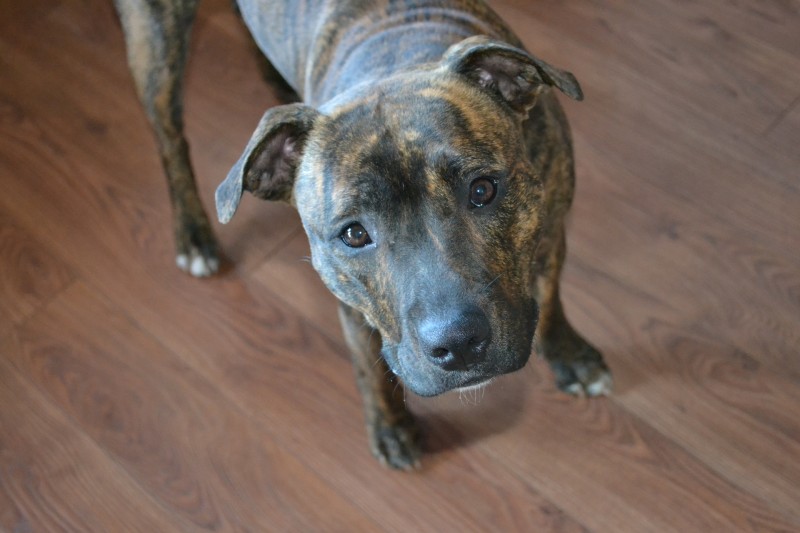JEFFERSON CITY, Mo. – A bill that would bar cities, towns and other municipalities from passing dog breed-specific ordinances made it through the General Laws Committee unanimously last week.
Rep. Ron Hicks, R-St. Peters, the sponsor of the HB 1811, said the bill is designed to ensure that certain dog breeds, and the owners who choose to own them, are not discriminated against.
“I’ve gotten letters from people that have German Shepherds, Chows, Rottweilers, Great Danes, Boxers, Doberman Pinschers and then some of your other ‘bully’ looking breeds,” he said of supporters of the legislation. “Basically, if it’s a large dog, people are afraid of it. The main ones though that the cities are after, the number one victim is the pit bull.”
Hicks argues that larger and stronger dog breeds are also saddled with certain myths, like the myth that pit bulls have a mechanism in their mouths to lock their jaws in place, that could dissuade people from treating them like other dogs generally considered more docile.
The representative, however, says those generalizations simply are not true in all cases.
“I have a Boxer that’s 65 pounds. I can walk her down the street on a leash and people will cross the street to get to the other side,” he said. “They don’t do that with my Jack Russell Terrier, and that’s the dog that will actually nip you.”
Melody Whitworth, president and director of the Unchained Melodies Dog Rescue in Columbia, Mo., agrees that dogs need to be considered outside of their breed. She stresses that dogs are individuals with their own personalities and thus require their own needs and rules and parameters, set by their owner. She believes laws that generalize by breed ignore this fact.
“Getting rid of breed restrictions requires people to become responsible pet owners instead of just blaming the dog,” she said. “What I like about [the bill] is that it does not lump all dogs that are of a specific breed in one generalized category. It wouldn’t group every [German] Shepherd and every pit bull in the same category assuming these dogs have behavioral issues and are aggressive.”
Whitworth also noted that the Best Friends Animal Society, the nationwide rescue that rescued dogs from the Michael Vick fighting ring, was supportive of the legislation as well.
Hicks formulated the bill in part thanks to his brother-in-law Brian Slater and noted animal rights activist, dog lover and St. Louis Blues captain David Backes. The first time Hicks ran the bill in 2014, it was dubbed Winston’s law, named after a part-pit bull his brother-in-law has adopted that Backes helped Slater get. While it was not Hicks’ first exposure to breed-specific discrimination, it helped him recognize the greater impact of ending that discrimination so owners, and their chosen dogs, could live without fear of overregulation.
This legislation, he believes, will allow dogs and their owners to be culpable for their own actions, for better or worse.
“The bottom line… let’s hold the owner of the animal responsible, not the animal itself,” he said. “That will fix the problem on its own… If I know there’s a problem in St. Peters with these dogs, we’re going to combat the owner, not the dogs themselves. We’re going to figure out why and fix that issue, not by terminating the dog’s life or putting them in a cage until someone else can adopt it.”











